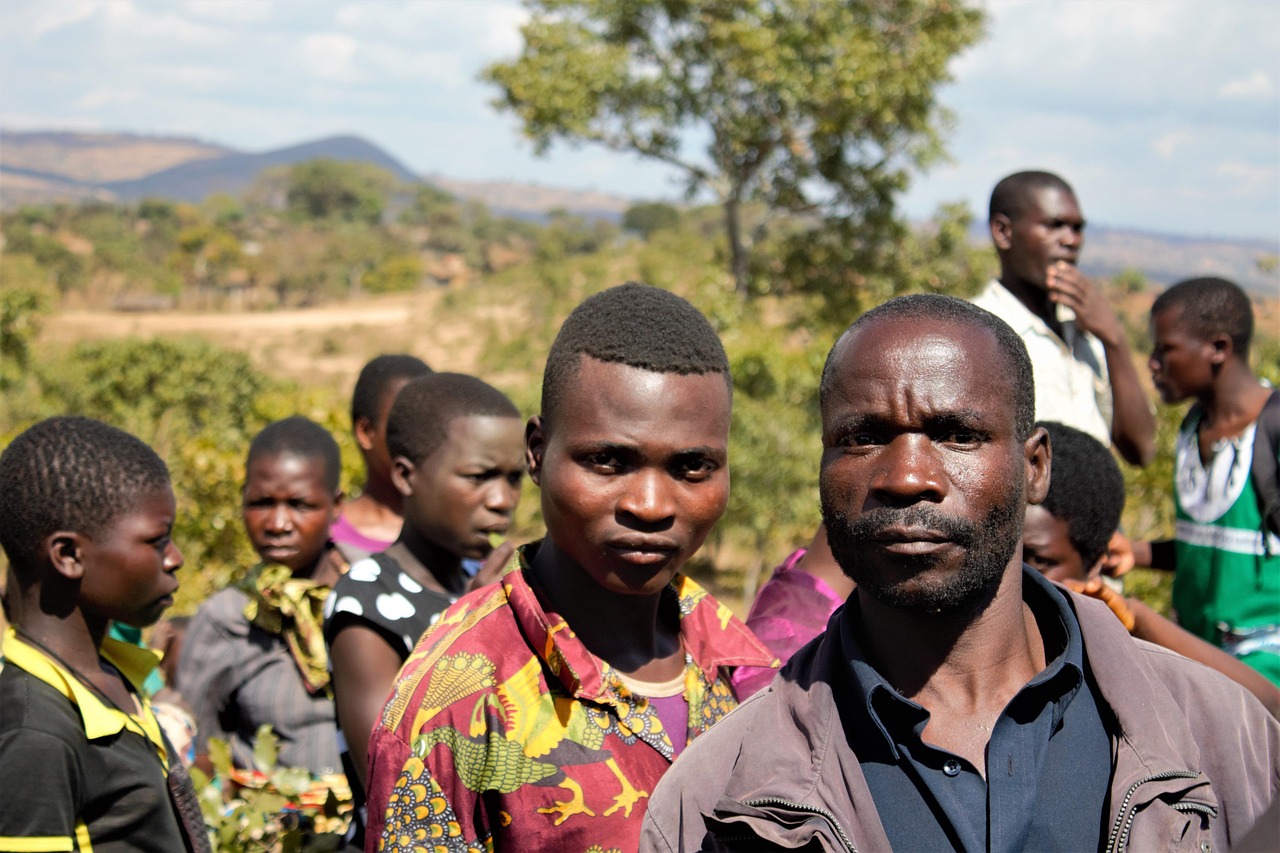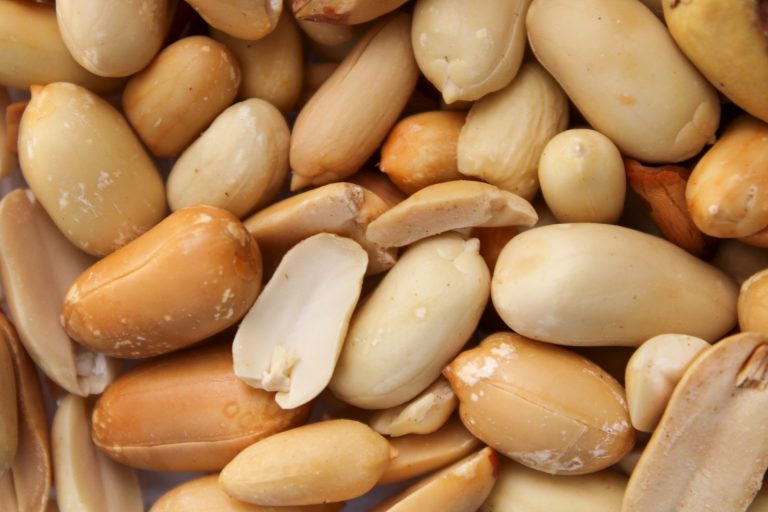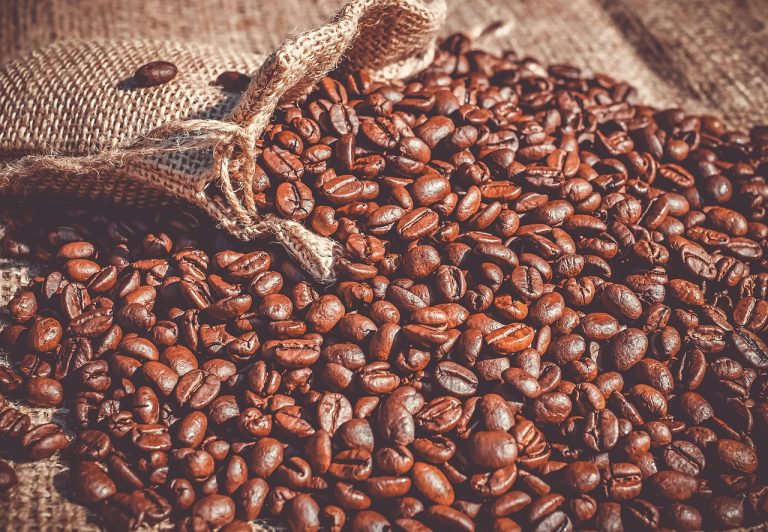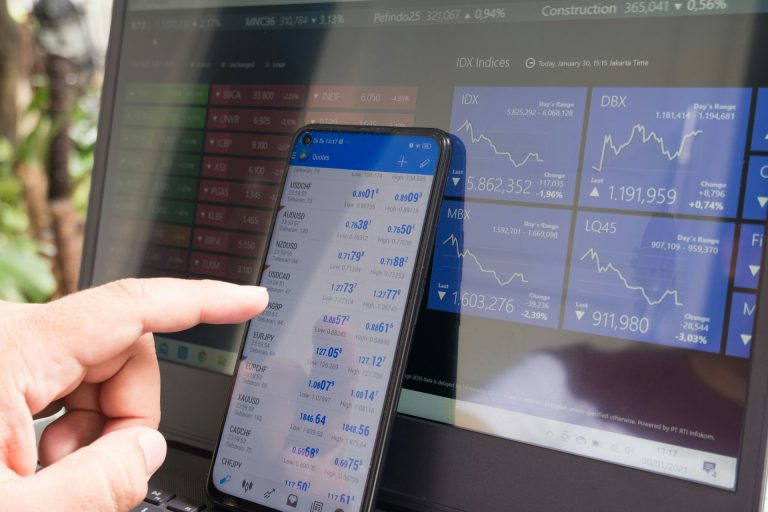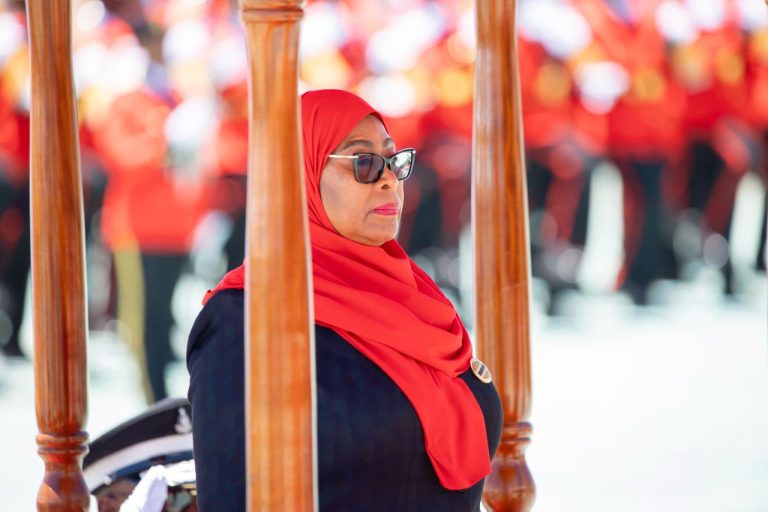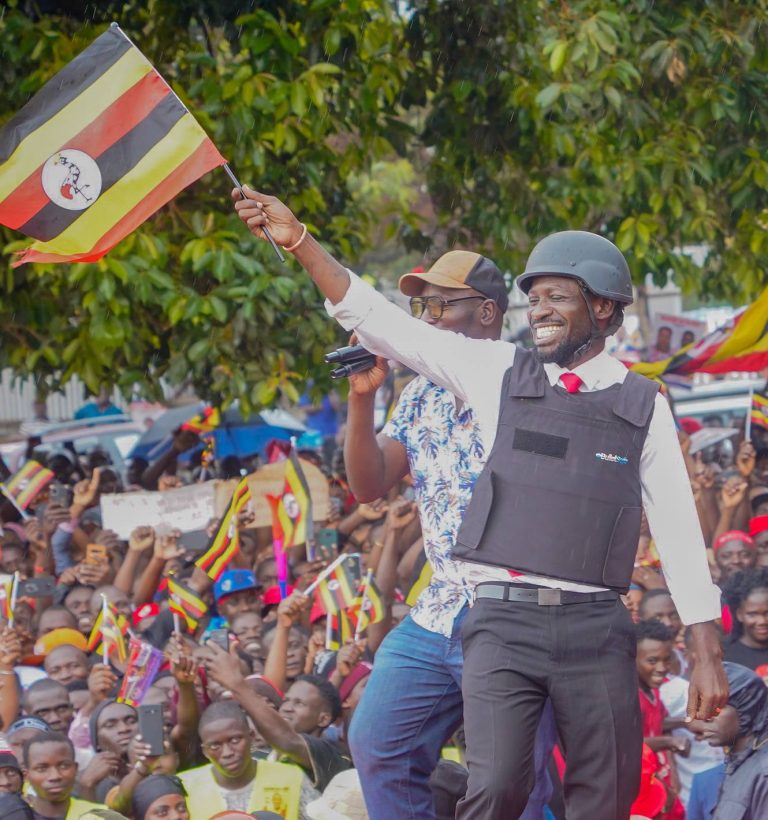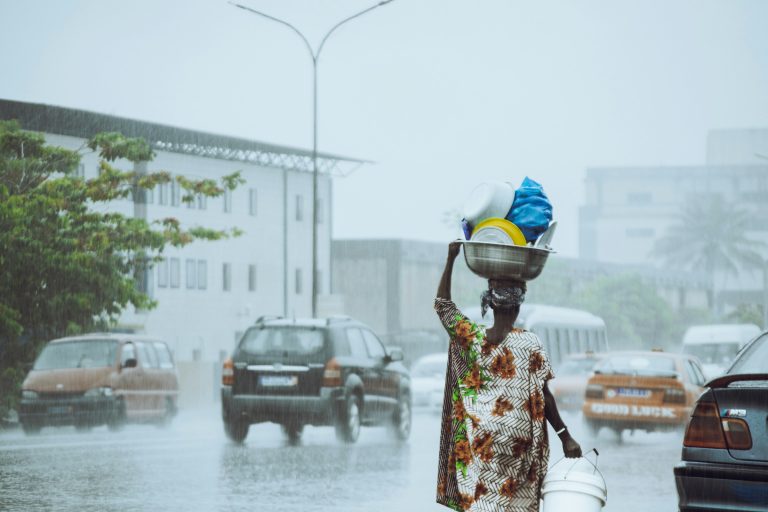- Voters head to the polls on Sept 16 amid rising inflation and debt woes
- Ex-president Joyce Banda joins 15 others in a crowded race likely heading to a run-off
LILONGWE, MALAWI – Malawians will go to the polls on September 16 in a high-stakes election dominated by economic crisis, corruption scandals and a worsening food shortage.
President Lazarus Chakwera faces a crowded field of 16 challengers, including Joyce Banda, Malawi’s first female head of state, and Peter Mutharika, brother of the late president Bingu wa Mutharika. With no candidate expected to secure more than 50 percent of the vote, analysts say a run-off is likely within 30 days.
Mutharika, 85, a lawyer and academic, leads the Democratic Progressive Party (DPP). He is expected to perform strongly in the first round, buoyed by nostalgia for his brother’s presidency.
Chakwera, seeking a second term for his Malawi Congress Party (MCP), will struggle to rebuild the Tonse Alliance, the nine-party coalition that blocked Mutharika in 2020. The coalition fractured after corruption scandals and the death of Vice President Saulos Chilima, who had co-negotiated the alliance.
Chilima’s United Transformation Movement (UTM) is now led by Dalitso Kabambe, a former central bank governor credited with cutting inflation from 24 percent to single digits in 2017 and boosting reserves.
Debt, drought and discontent
Malawi, one of the world’s poorest nations, has won praise for democratic progress but continues to rely heavily on foreign aid. Around 13 percent of the 2024/25 budget was financed by U.S. donor support. Yet corruption and economic stagnation have deepened public frustration.
Half the population still lives below the global poverty line. A corruption scandal involving Vice President Chilima — later dropped before his death — damaged Chakwera’s credibility. “This shattered public perception of corruption,” one analyst said, while Britain has pressed charges against the businessman linked to the case.
The country is also reeling from climate shocks. El Niño rains destroyed more than 2.5 million acres of farmland in 2023/24, wiping out nearly a fifth of agricultural land. The World Food Programme says 3.5 million Malawians face chronic food insecurity.
A $2 billion gap and a shrinking economy
The IMF estimates Malawi must plug a $2 billion reserves gap. Inflation remains high despite a currency devaluation, and debt servicing costs are consuming scarce revenues. The debt-to-GDP ratio has climbed to 90 percent. With tobacco exports — half of Malawi’s foreign exchange earnings — declining, economic growth is expected to contract in 2025.
Multilateral lenders remain divided on debt restructuring. Afreximbank is pushing to be exempt, leaving the World Bank and African Development Bank to negotiate relief with Malawi, Ghana, and Zimbabwe. The G20 is expected to discuss the issue at its summit in South Africa in November.
All candidates have signed an anti-corruption pledge, though scepticism runs high.
Mutharika is focusing on agriculture-led recovery, value-added manufacturing and using his foreign policy credentials to attract investment.
Chakwera has urged voters to reward “persistence” rather than “perfection,” arguing his government has laid the foundations for growth.
Kabambe is campaigning on his economic record. “Under my leadership, Malawi achieved fiscal stability, single-digit inflation, and strong import cover,” he told supporters.
Joyce Banda, who briefly served as president from 2012 to 2014, has highlighted women’s empowerment but has yet to emerge as a frontrunner.
For Malawi’s 7.2 million registered voters, the ballot will be less about personalities than survival. High prices, fuel shortages and power cuts dominate daily life. “The cost of living has become unbearable,” one Lilongwe resident said.
With the economy shrinking and climate pressures mounting, whoever wins faces a formidable task: restoring investor confidence, securing debt relief and feeding a hungry nation.
